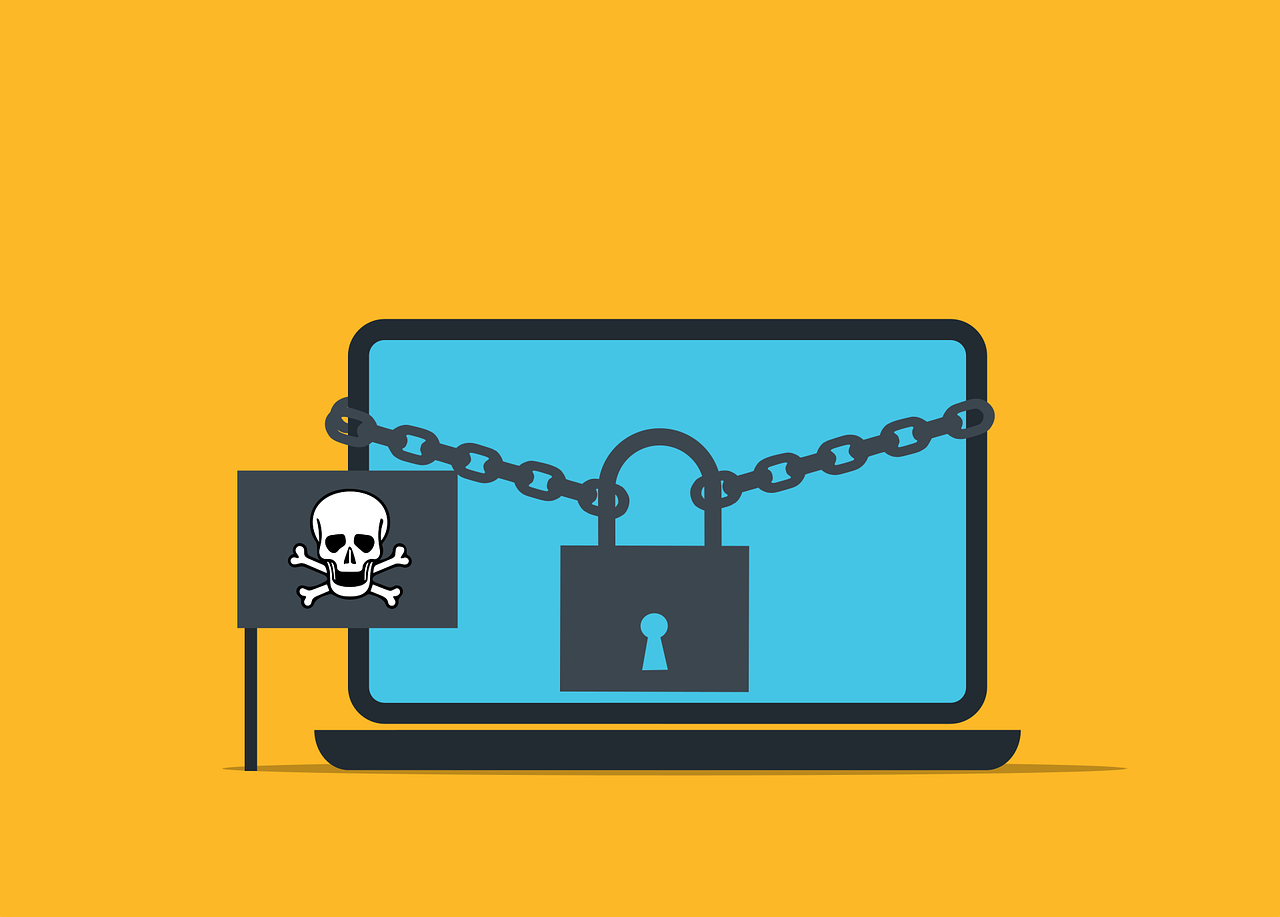University Medical Center (UMC) Health System in Lubbock, Texas, is dealing with the aftermath of a ransomware attack that crippled its IT infrastructure and forced the diversion of patients to other healthcare facilities. The breach, which occurred late last week, impacted key operations,
Latest News: Cybersecurity
A new strain of the Necro malware has infected over 11 million Android devices by exploiting vulnerabilities in apps from the Google Play Store and unofficial sources. Originally identified by Kaspersky, the Necro Trojan has evolved, spreading through malicious software development kits (SDKs)
Microsoft has raised alarms over a new wave of cyberattacks targeting the US healthcare sector, led by the financially motivated group Vanilla Tempest. According to Microsoft's recent post on X (formerly Twitter) regarding the issue, the group has deployed the INC ransomware strain in these
Intel has issued a security advisory detailing over 20 vulnerabilities affecting various processors, and has urged users to update their systems. The vulnerabilities primarily impact Intel’s UEFI firmware, used in processors such as Atom, Xeon, Pentium, Celeron, and Core. These flaws can result in
In a recent campaign, GitHub comments are being used to distribute Lumma Stealer, a password-stealing malware. The campaign was first reported by a contributor to the teloxide Rust library, who shared on Reddit that multiple GitHub comments, disguised as fixes, were actually pushing malware.
In an alarming series of cyberattacks, a North Korean hacking group known as Citrine Sleet exploited a zero-day vulnerability in Chromium-based browsers to steal cryptocurrency. The vulnerability, CVE-2024-7971, impacted popular browsers such as Google Chrome and Microsoft Edge and was swiftly
A Russian state-sponsored hacker group, known as APT29 or "Cozy Bear," has been caught leveraging exploits initially developed by commercial spyware vendors NSO Group and Intellexa. This latest campaign, which ran from November 2023 to July 2024, targeted visitors to Mongolian government websites
A new Android malware has been identified by cybersecurity researchers — NGate, which steals NFC (Near Field Communication) data from physical payment cards to enable counterfeit activities. The malware has been found targeting three banks in Czechia since November 2023. NGate is derived from
Cybercriminals are turning to Progressive Web Applications (PWAs) to infiltrate mobile devices and steal banking credentials. These web-based apps, which are designed to function like native applications, have been exploited to bypass security measures on both iOS and Android devices. According
A disinformation campaign is exploiting Microsoft Azure and OVH cloud services, along with Google search, to spread malware. Android users receive Google notifications regarding topics they’ve previously searched for, which direct them to fake news stories about public figures. Some of these









